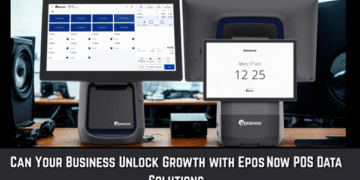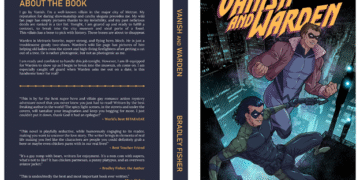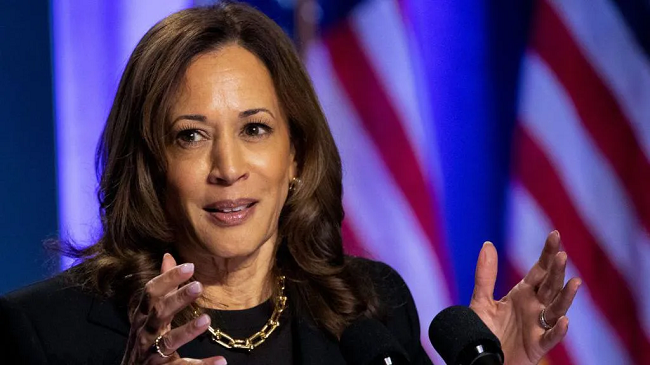U.S. Vice President Kamala Harris, in an effort to sharpen her economic message, promised to drive new investments in domestic manufacturing across multiple industries if elected President in November.
Speaking in Pennsylvania, a crucial battleground state, Harris positioned herself as “a capitalist” with a pragmatic vision to strengthen the middle class. This message contrasts with Republican claims that her policies lean toward socialism or communism.
In a key part of her address at the Economic Club of Pittsburgh, Harris emphasized her capitalist credentials, while highlighting her approach to boost economic opportunity. “I promise you I will be pragmatic in my approach,” she stated.
Harris outlined a series of proposals, including $100 billion in tax breaks and financial incentives aimed at supporting young families, first-time homebuyers, and seniors. Additionally, she pledged investments in emerging industries such as artificial intelligence, aerospace, and clean energy. She also stressed the need for increased taxes on large corporations and the wealthiest Americans to ensure they “pay their fair share.”
Further economic reforms promised by Harris included expediting construction permits, eliminating college degree requirements for federal jobs, and expanding union apprenticeships.
Addressing comparisons to her opponent, Harris criticized former President Donald Trump, arguing that his economic policies primarily benefit the wealthy. “I intend to chart a new way forward and grow America’s middle class,” she said. “Trump has no intention to grow our middle class—he’s only interested in making life better for himself and people like himself.”
An hour before her speech, Trump delivered his own economic message in North Carolina, promoting his 15% “Made in America” tax proposal, part of his broader plan to revive domestic manufacturing. Trump boasted about his previous efforts, including the reduction of corporate taxes from 35% to 21% during his presidency. He framed his approach as protectionist, defending U.S. workers from foreign competition.
Harris also took the opportunity to rebuke Trump’s trade policies, saying he “constantly got played by China” and dismissed his sweeping tariff proposals as unserious. “You don’t just throw around the idea of tariffs across the board,” she said in an MSNBC interview following her speech.
The Vice President addressed another controversy, pushing back against claims from the Trump campaign that she fabricated stories about working at McDonald’s as a student. “I worked there as a student,” Harris asserted, pointing to the many families in America who rely on similar jobs to make ends meet.
Both candidates are focusing on the economy as the most critical issue for voters, with recent polling showing Harris gaining a narrow lead following their recent debate. As the election approaches, both Harris and Trump continue to campaign vigorously in swing states, each promoting competing visions for the nation’s economic future.





























